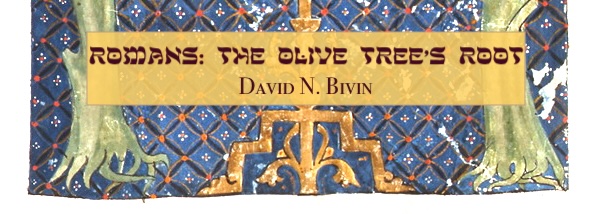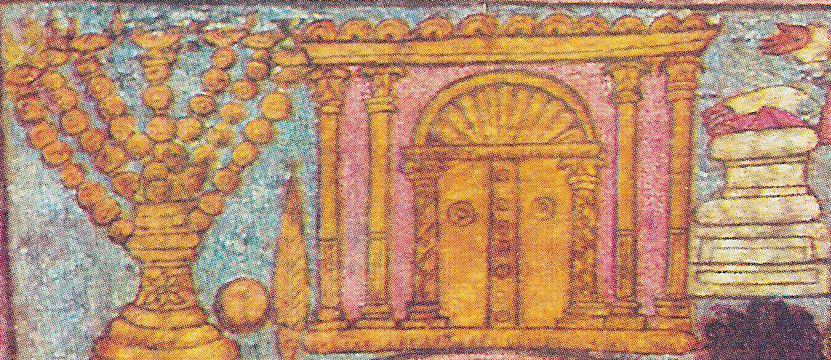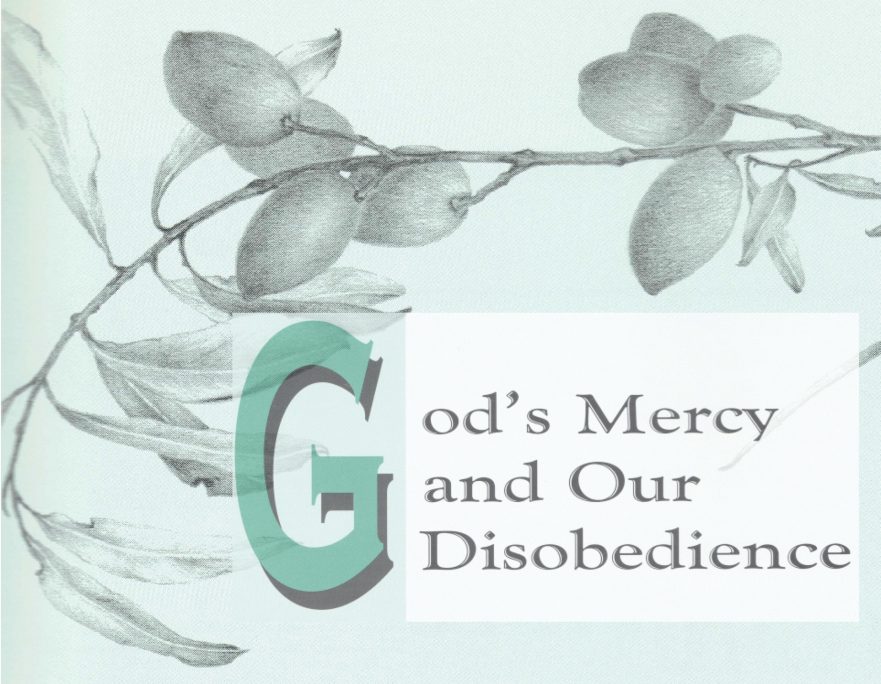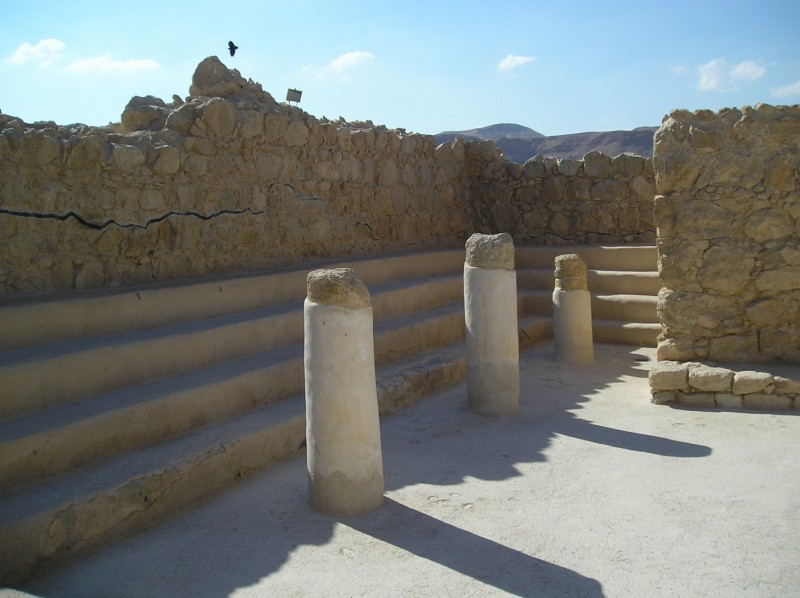As a small boy growing up in Alabama I had a deep love of God and a real hunger to know him better. By the age of eight I had read the entire Bible. But, like most people, I often struggled to understand what the Scriptures were saying. Many verses didn’t seem to make sense.
Leah’s Tender Eyes

The King James Version translates Genesis 29:17 as follows: “Leah was tender eyed; but Rachel was beautiful and well favoured.” The New International Version has, “Leah had weak eyes,” while the New American Bible reads, “Leah had lovely eyes.” What did the Hebrew original mean to say?
Romans 11: The Olive Tree’s Root

Paul spoke about Israel as a “cultivated olive tree” whose rootage was in the Patriarchs, particularly Abraham. Some Bible commentators, however, interpreted the root of the olive tree as Christ or his messianic program.
The Sabbath Was Made for Man

Jesus was no rogue rejecting the Jewish opinion regarding the sanctity of the Sabbath. Instead, he tried to balance the importance of God’s instruction with the extenuating demands of the human setting.
666: One Number or Three?

Any objective reading of Revelation can hardly fail to see the importance of this number within the author’s web of historical signifiers.
Beyond an Inheritance

Could it be that the original integrity of Jesus’ message about the Kingdom of Heaven was later compromised by the presence of other expectations of a messianic-eschatological character that circulated promiscuously in early Christian communities?
The Season of Redemption

In the face of a national disaster, hope remained. Summer and its ripe figs—signs of future redemption—would come.
The Angel Who Has Delivered Me from All Harm
Dr. Horst Krüger, Jerusalem Perspective’s representative in Germany, has suggested to me that Genesis 48:16 may be part of the background to a phrase found in the Lord’s Prayer. I believe that Dr. Krüger has made an important discovery.
Us and Them: Loving Both

In ancient Roman society, the taking of revenge on an enemy was considered a commendable deed, but Jesus encouraged his followers to “Love your enemies.”
God’s Mercy and Our Disobedience

Reading a passage from the New Testament against the backdrop of ancient Jewish tradition can sometimes add to the its significance. Romans 11:30-36 is one such passage, where without knowing the Jewish tradition to which Paul alluded, we run the risk of not hearing his emphasis clearly: God is merciful and his ways, incomprehensible.
Deliver Us From Evil

Just as good poetry can convey multiple allusions, so “Deliver us from evil” can carry a variety of notions of protection from doing and experiencing evil.
What Was Simon Peter Wearing When He Plunged into the Sea?

Was Peter actually fishing naked, or was he merely “stripped to the waist,” as the Living Bible says? And what did he put on before swimming to Jesus?
“And” or “In order to” Remarry?

Apparently, contrary to normal Greek usage, Greek’s kai (“and”) in the sense of “in order to” occurs in the Synoptic Gospels.
Matthew 16:18: The Petros-petra Wordplay—Greek, Aramaic, or Hebrew?

The pinnacle of the Gospel story may be Jesus’ dramatic statement, “You are Petros and on this petra I will build my Church.” The saying seems to contain an obvious Greek wordplay, indicating that Jesus spoke in Greek. However, it is possible that “Petros…petra” is a Hebrew wordplay.
Is the Sage Worth His Salt?

The Gospels record that questions were sometimes put to the sage Jesus of Nazareth in order to “test” him. According to Joseph Frankovic, the questioner’s intent may not always have been hostile.
The Place of Women in First-century Synagogues

Today, public worship can take place in a synagogue only if at least ten adult Jewish males are present. Women do not qualify as part of this quorum. Furthermore, women are separated from men within the synagogue: women worship in an ezrat nashim, a balcony, or section with a divider, located beside or behind the men’s section. Things were considerably different in Jesus’ day.
That Small-fry Herod Antipas, or When a Fox Is Not a Fox

We need to start translating “fox” with its proper Hebraic cultural meaning.
The Rich Young Ruler Story: Personal Application

God will probably test our commitment to him at its weakest, most vulnerable point or points, those areas in our lives that we have made more important than him.
